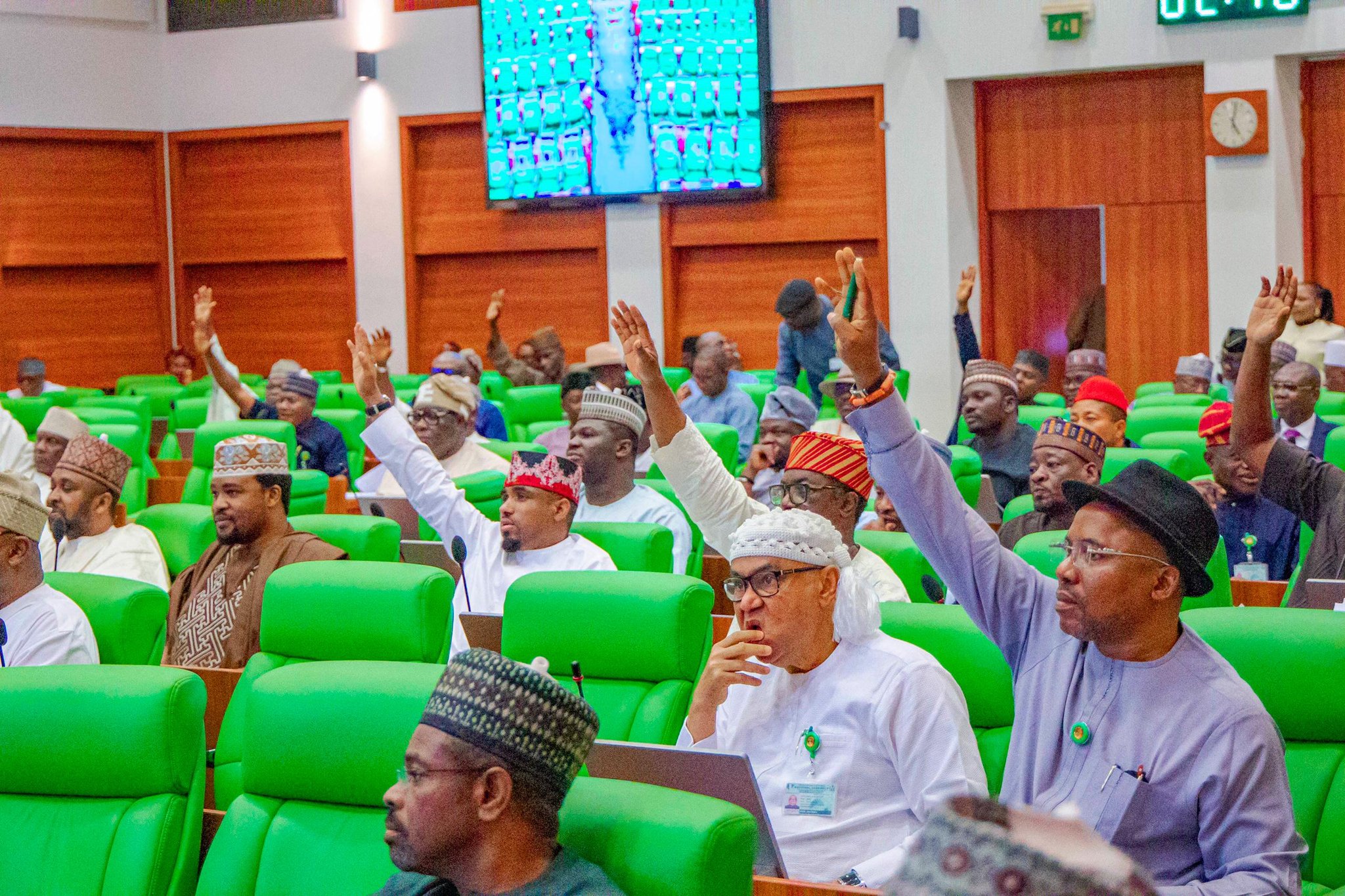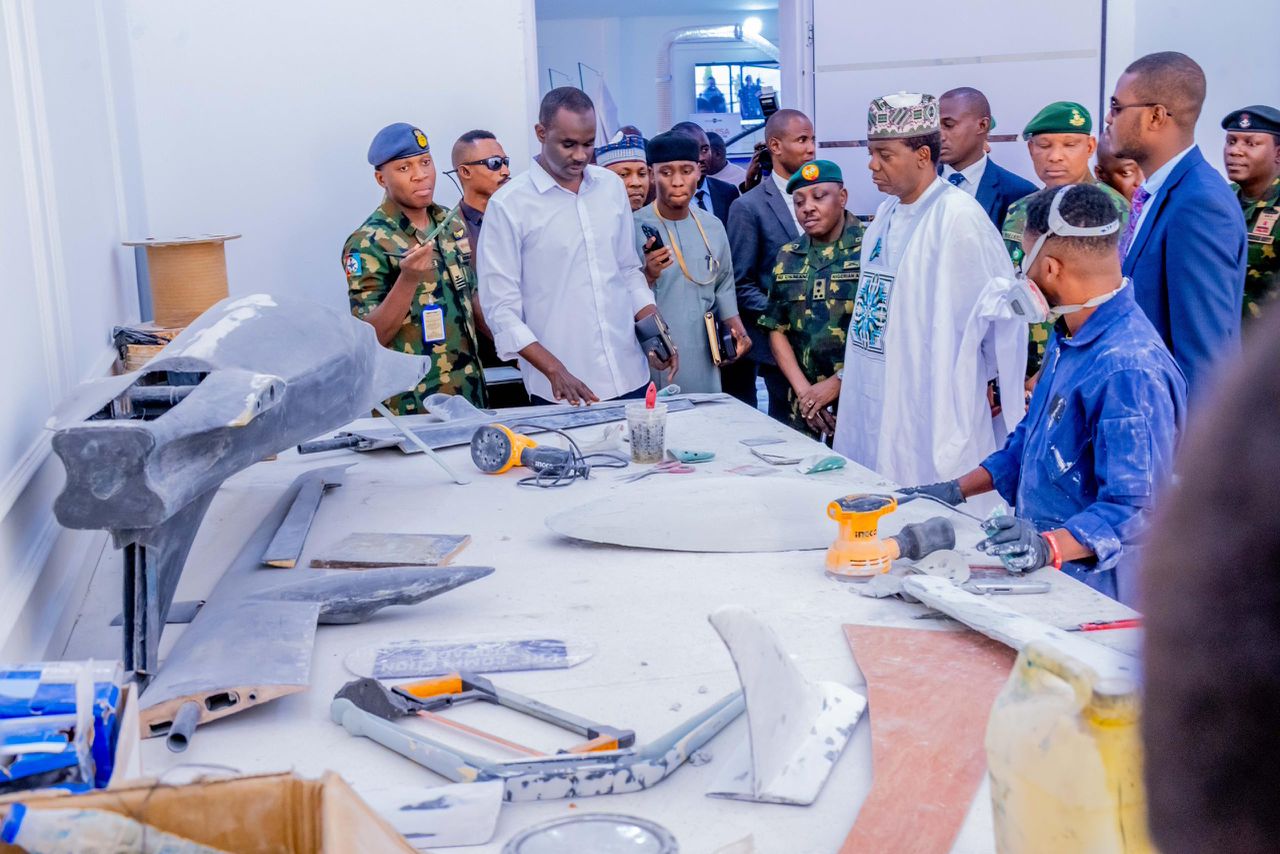The Federal High Court in Lagos will on July 18 hear a suit by Sterling Bank and its subsidiaries challenging the House of Representatives’ authority to investigate the management of funds in the accounts of two of its customers – Dr. Innocent Usoro and Miden Systems Limited.
The plaintiffs – Sterling Bank, Sterling Financial Holdings Company Plc, and senior executives Yemi Odubiyi, Abubakar Suleiman, Lekan Olakunle, and Dele Faseemo – are seeking a perpetual injunction restraining the House and its Public Petitions Committee Chairman, Michael Etaba, from acting on a police report that alleged financial misconduct involving the customers’ accounts.
Also joined in the suit are Dr. Innocent Usoro, Miden Systems Limited, and the Inspector- General of Police.
Filed by human rights lawyer Femi Falana (SAN), the plaintiffs contend that the National Assembly lacks the constitutional power to conduct investigations into the bank’s internal dealings with its customers or revisit a consent judgment previously delivered by the Federal High Court in 2021.
Citing sections 88 and 89 of the 1999 Constitution, the plaintiffs pray that the court declare that the House cannot summon their executives or staff members, or take actions based on the findings of the police report, which they alleged, is being used to relitigate issues already settled by the court.
The defendants, through their counsel Rowland Uzoechi, claim the suit is a calculated attempt to obstruct justice and avoid scrutiny.
They argued that the questions raised by the plaintiffs are academic and hypothetical, insisting that the court lacks jurisdiction.
In a 40-paragraph counter-affidavit, Dr. Usoro (third defendant) alleged falsification of documents to suggest a $30 million loan transaction that never occurred.
According to him, the Inspector-General of Police’s January 2025 investigation report revealed suspicious inflows totalling over $122 million into Miden Systems’ accounts, with significant sums unaccounted for and withdrawn under questionable narrations.
Usoro contends that the court was deceived into granting the Mareva injunction.
The plaintiffs denied these claims and maintained that the accounts in question were lawfully managed under a commercial loan agreement linked to a 2010 Shell contract executed by Miden Systems Limited.
The outcome of the case, which touches on issues of constitutional law, banking oversight, and public accountability, could have significant implications for the powers of legislative oversight and the credibility of financial institutions in Nigeria.





